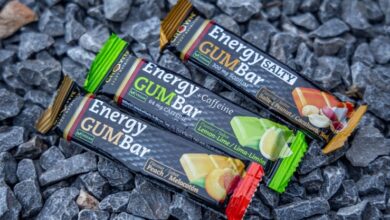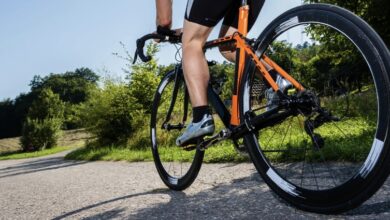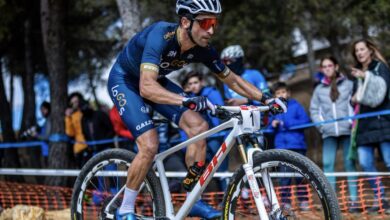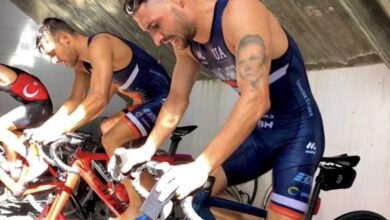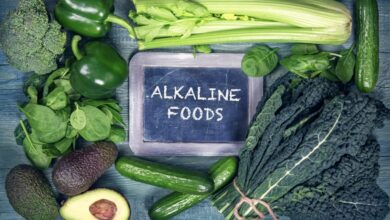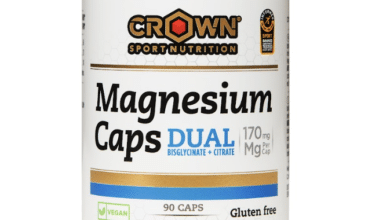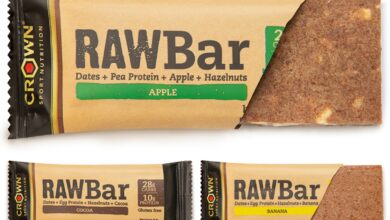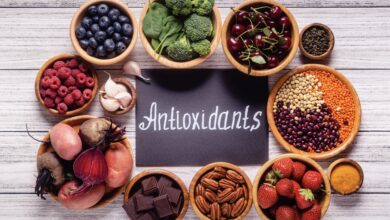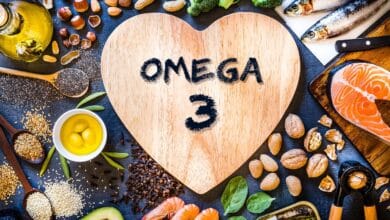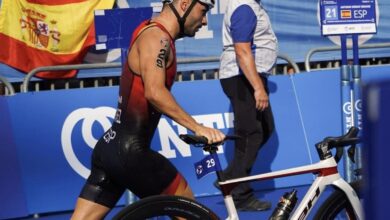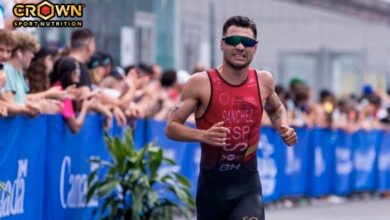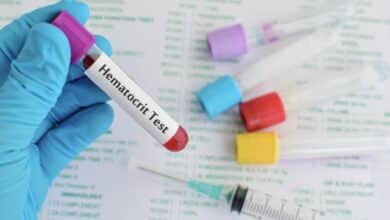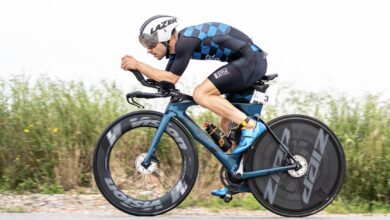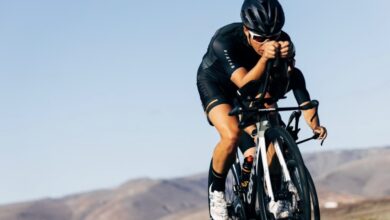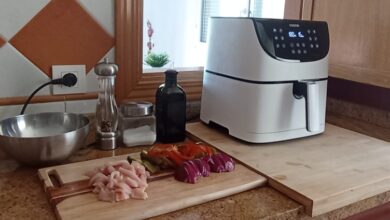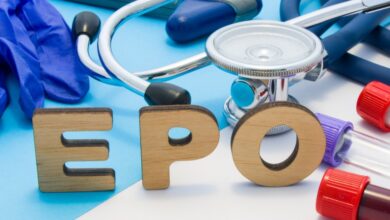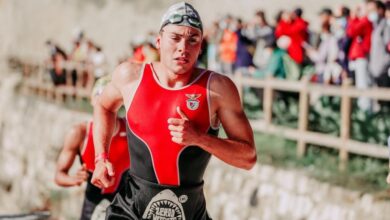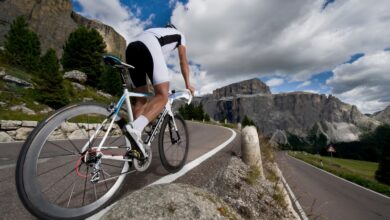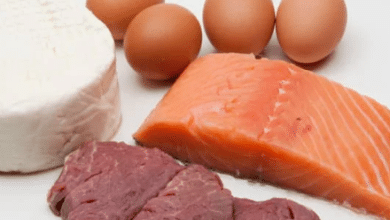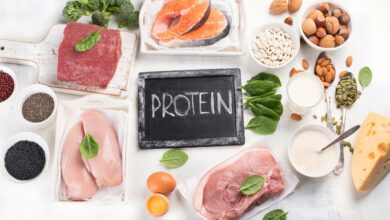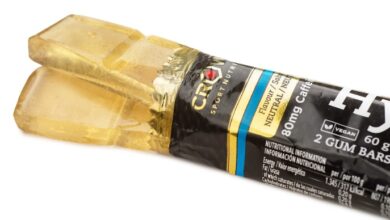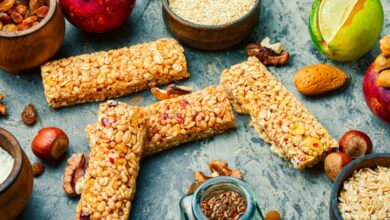Feeding tips for athletes in the period of confinement
We leave you some specific recommendations for athletes who, during this time of isolation
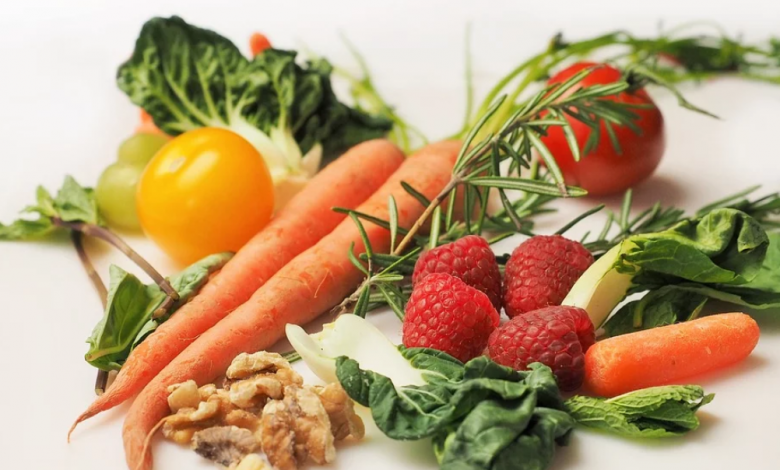
In these weeks in which the health authorities ask that they stay home due to the pandemic caused by COVID19, it is necessary to change some habits in the diet of the population.
The Sports in Nutrition working group wants to do some specific recommendations to athletes that, during this time of isolation, they cannot train at the same level as they did before.
1. Control of the amount of energy. Beware of increased body weight
Home confinement involves, in most cases, a rEduction of both the volume and intensity of training, and also a decrease in activities of daily living not related to exercise.
La food intake can be influenced, generally on the rise, due to different factors such as Stress produced by not being able to leave home, mood disturbances, family life, changes in sleep rhythm, etc.
The final result is a lower total energy expenditure than usual, which, if not accompanied by an adjustment in the caloric contribution, will generate a sustained energy surplus, and in the long run, orn weight gain and change in body composition, at the expense of an increase in fat mass.
Act quickly. adjust the eating pattern to new needs, but you also have to avoid entering a sustained calorie deficit that would compromise the maintenance of muscle mass, the immune response and general health.
2. Carbohydrates, when to take them?
The reduction of the time of physical activity during these weeks forces the adjustment of the consumption of carbohydrates, which, preferably, It will be done the hours before training, reducing its consumption the rest of the day.
3. Decrease total fat intake
Select foods that provide healthier fats: give preference to the use of olive oil extra virgin, nuts, and semi-fatty and fatty fish, the latter are a source of vitamin D and omega-3 fatty acids (EPA and DHA), key in reducing the inflammatory state.
4. Make an adequate protein intake
Protein intake is necessary to maintain muscle mass, a fundamental objective in this time of confinement, but it must be proportional to the training sessions.
It is recommended to adjust your consumption, giving preference to foods that provide proteins of high biological value (quality), both of animal origin (Fish, carnes magras, dairy products y eggs), as a vegetable (nuts, soybeans and legumes with cereals).
5. Pay special attention to the consumption of fresh fruits and vegetables
During this quarantine, the consumption of fruits, vegetables and vegetables, especially in season, should acquire special prominence.
As they are low calorie foods, they help adjust the energy balance.
In addition, they are especially nutritious, with high content of vitamins, minerals and rich in fiber, which will help to maintain a healthier intestinal microbiota and improve the intestinal rhythm.
They must be present at every meal in any of its forms: salads, pieces of fruit, purees, boiled, steamed dishes, juices etc. ...
Make sure to take at least two pieces of fruit rich in vitamin C every day, such as oranges, strawberries, kiwi, pineapple, mango ...
6. Hydrate well
Adequate hydration must be maintained before, during and after sports practice. It is rA fluid intake of about 500 ml / hour of exercise is recommended.
Beverages adapted for sport are replacement solutions that provide a source of carbohydrates, sodium and adequate osmolality, three conditions that must always be met.
Avoid drinks with alcoholic content.
7. Importance of Vitamin D
This vitamin performs numerous functions in the body, among which are the maintenance of the bone and immune systems in good condition.
There are data that indicate a correlation between low vitamin D levels and increased risk of respiratory diseases of the upper tract, and deterioration of systemic immunity.
Vitamin D can be obtained in two ways:
- By skin synthesis through ultraviolet radiation from sunlight
- Through some foods such as blue fish (tuna, sardines, salmon) and their preserves, egg yolk, whole or fortified dairy products and fortified foods.
Vitamin D plays a fundamental role in sports performance, so it is recommended that, during these weeks of confinement at home, if possible, sunbathe for 15-20 minutes on the terrace, garden or through open windows.
It is also important add to the daily menu some food rich in this vitamina: salad with tuna, salmon on the plancha, sardines tin with egg hard...
8. Do I have to keep taking nutritional supplements?
In these moments of confinement, the objective is to maintain physical fitness rather than quality training.
In general, this period can serve for athletes to rest from taking the prescribed supplementation to increase sports performance. If they are in treatment, or in case of doubts, they should consult their doctor.
9. Rest well is very important
Just as proper dietary habits must be maintained, sleep quality must be cared for.
Maintaining a regular bedtime and morning wake schedule will help preserve a healthy nighttime rest routine.
Physical activity is recommended in the first half of the day, limit caffeine consumption and avoid lying down during the day. If you nap, it should be neither too late nor too long.
Whenever possible, exposure to light from electronic devices should be avoided two hours before bedtime.
10. When in doubt, consult a health professional
There is legislation in the European Union and in Spain on food and beverages and food supplements in which it is prohibited that labeling, presentation and advertising, that is to say in consumer information, is attributed to the property of preventing , treat or cure diseases such as COVID-19, as well as its derived complications.
Therefore, consumers are urged not to buy any product promoted with these properties, and to follow the instructions of the health authorities and other reference government agencies at all times.
Working Group on Nutrition in Sport Spanish Protection Agency of the Spanish Society of Sports Medicine Health in Sport (AEPSAD)
There are no previous results.







